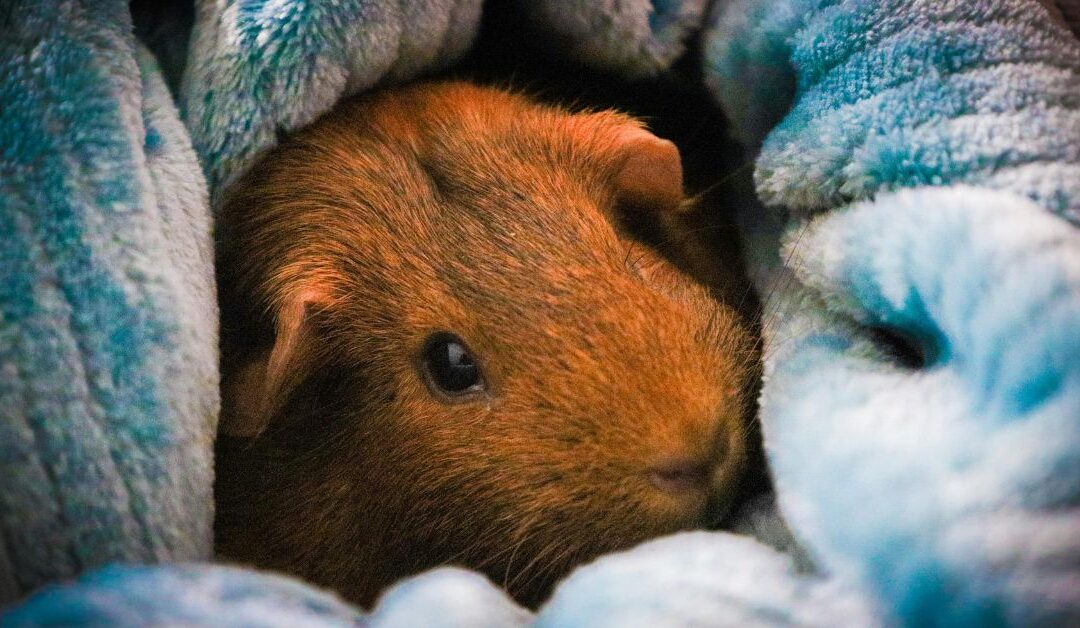Small pets bring big joy. Whether it’s the curious twitch of a rabbit’s nose, the gentle squeaks of a guinea pig, or the playful scurrying of a hamster, these tiny companions fill homes with life and laughter.
But while they may be little, their needs are just as important as any cat or dog. From proper housing to balanced diets and enriching activities, understanding Small Mammal Essentials helps ensure your pocket-sized friends thrive — not just survive.
In this guide, we’ll explore how to create the perfect setup, feeding plan, and daily routine for happy, healthy small mammals.
Home Sweet Habitat — Choosing the Right Housing
A proper living space is the foundation of good small mammal care. Each species has unique needs, but all benefit from clean, spacious, and enriching habitats.
Rabbits
- Space: A rabbit’s enclosure should be at least four times the size of the rabbit when fully stretched. Include both an indoor hutch and daily access to a secure exercise pen or play area.
- Flooring: Use solid flooring with absorbent bedding like paper-based pellets. Avoid wire bottoms, which can hurt paws.
- Hideouts: Rabbits are prey animals by nature — they feel safer with covered spaces or tunnels.
Guinea Pigs
- Cage Size: A single guinea pig needs at least 7.5 square feet of space — the more, the better.
- Bedding: Use soft, dust-free bedding and spot-clean daily.
- Enrichment: Add tunnels, ramps, and hideaways. Guinea pigs love to explore and chatter while doing it!
Hamsters
- Habitat: Opt for a large glass or plastic enclosure rather than wire cages (minimum 450 square inches of floor space).
- Substrate: Provide deep bedding (at least 6 inches) for burrowing.
- Additions: Include a sturdy exercise wheel, chew toys, and a small hideout.
Tip: Place cages away from direct sunlight and drafts. Small animals are sensitive to temperature fluctuations.
Nutrition Basics — Feeding for Health and Happiness
A balanced diet keeps your small pet healthy and energetic. Each species has distinct dietary needs, so it’s important to choose the right foods.
Rabbits
- Hay: The cornerstone of a rabbit’s diet — it aids digestion and wears down teeth. Timothy hay is ideal for adults.
- Pellets: Offer high-fiber pellets in moderation (about ¼ cup per 5 pounds of body weight).
- Fresh Greens: Include romaine, cilantro, and parsley daily. Avoid iceberg lettuce.
- Treats: Offer fruit sparingly — small slices of apple or banana are plenty.
Guinea Pigs
- Vitamin C: Guinea pigs can’t produce their own, so provide daily sources like bell peppers or kale.
- Hay: Unlimited Timothy or orchard hay.
- Pellets: Choose vitamin C–fortified guinea pig pellets.
- Fresh Foods: Add cucumber, zucchini, and spinach for hydration and variety.
Hamsters
- Seeds and Grains: A balanced hamster mix provides essential nutrients.
- Fresh Foods: Small bits of carrot, broccoli, or apple (no seeds) add vitamins.
- Protein: Offer mealworms or boiled egg occasionally for extra energy.
Tip: Avoid sudden diet changes — introduce new foods gradually to prevent digestive upset.
Enrichment and Playtime — Keeping Small Pets Active
Mental and physical stimulation prevents boredom, obesity, and stress. Even small mammals need opportunities to explore, chew, and play!
For Rabbits
- Provide chew toys made from natural wood or grass.
- Create obstacle courses with tunnels and ramps.
- Let them explore supervised indoor or outdoor spaces daily.
For Guinea Pigs
- Offer foraging mats and tunnels.
- Rotate toys weekly to keep things exciting.
- Encourage floor time for exploration and social bonding.
For Hamsters
- Add tunnels, cardboard tubes, and climbing structures.
- A running wheel (solid surface only) helps burn energy.
- Hide treats in bedding for natural foraging fun.
Fun fact: Chewing helps all small mammals keep their teeth from overgrowing — so provide plenty of safe chew materials.
Cleaning and Hygiene — Keeping Their Homes Fresh
Cleanliness is essential for small pet health and odor control.
- Daily: Remove uneaten food and soiled bedding.
- Weekly: Fully clean cages with mild pet-safe cleaner and replace bedding.
- Monthly: Deep-clean accessories and check for wear and tear.
Keep water bottles and bowls scrubbed clean to prevent bacterial buildup.
Bonus tip: Avoid scented cleaners — small mammals have sensitive respiratory systems.
Socialization and Bonding
Building trust takes time, patience, and gentle handling.
- Move slowly and speak softly when approaching your pet.
- Hand-feed small treats to associate you with positive experiences.
- Respect boundaries — some animals (like hamsters) prefer limited handling, while others (like guinea pigs) enjoy lap time.
Each interaction strengthens your bond and helps your pet feel secure in your presence.
Health Check Basics
A few minutes of observation daily can prevent health issues. Watch for:
- Changes in appetite or weight.
- Discharge from the eyes or nose.
- Lethargy or hunching behavior.
- Overgrown teeth or nails.
If you notice any concerns, consult a small-animal veterinarian promptly.
Caring for small pets is a big responsibility wrapped in tiny paws. From spacious habitats to balanced diets and enriching playtime, each detail contributes to their well-being and happiness.
By understanding Small Mammal Essentials, you’ll create a loving environment where your rabbit, guinea pig, or hamster can truly thrive.
Explore safe, high-quality pet care supplies and enrichment tools at MyFurSupply — your trusted source for everything small pets need to live big, happy lives.
Subscribe to our newsletter for more care tips, setup guides, and product recommendations tailored to your furry companions.

